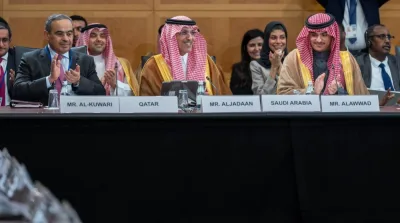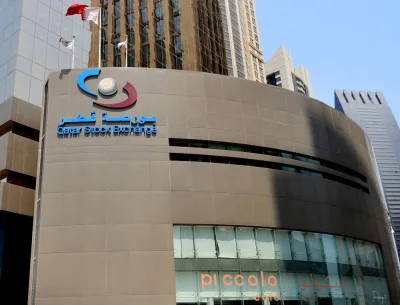According to the World Economic Forum (WEF), Qatar is the second-most competitive economy in the region by securing second rank in the entire Arab world and 30th globally.
‘The Global Competitiveness Report 2018’ was released in collaboration with the Qatari Businessmen Association (QBA) and the Institute of Social and Economic Research of the University of Qatar (SESRI).
Qatar’s high score reflects the country’s continued global competitiveness and reinforces its well executed plans to join the list of the 10 most competitive economies in the world within a decade.
Qatar has been ranked first among the top 10 global economies in 14 indicators, said the report.
In the ‘Institutional pillar’, Qatar was ranked ninth globally in the “Efficiency of the legal framework in challenging regulations” indicator and ranked eighth in the “Future orientation of the government”.
As for the ‘ICT Adoption pillar’, Qatar got seventh rank in the Internet user’s indicator and the spread of high-speed Internet services (broadband).
As for ‘Business dynamism’, Qatar secured 10th rank in the indicators of growth of innovative companies and the attitude towards entrepreneurial risks.
Qatar was also ranked ninth in financing small and medium enterprises (SMEs) and ranked eighth in venture capital availability as part of the financial system pillar.
The World Economic Forum’s annual study on the global economy showed that Qatar improved its rank by two places from last year’s 32nd, out of 135 countries that were reviewed. This year’s report assessed as many as 140 countries.
In the process, Qatar outpaced several countries in the region, including Saudi Arabia, Bahrain, Italy, Turkey, Russia, India, Brazil and Argentina. Most of them belonged to the G20 as the world’s largest economies.
Despite the unjustified blockade on Qatar imposed on June 5, 2017, Qatar’s economy is expected to grow by 2.6% this year, according to the International Monetary Fund (IMF).
This means, the country’s economy has shown great resilience since the blockade that was thrust upon Qatar more than 16 months ago.
The country’s non-hydrocarbon sector, which is now more than 50% of the economy, is continuing strong growth. A buoyant 5% growth in the non-hydrocarbon sector is expected this year after solid growth of 3.6% in 2017, despite the blockade.
Drivers of non-hydrocarbon growth are the construction, trade and logistics, manufacturing and agriculture sectors.
Qatar’s trade flexibility is reflected on its exports, which have grown by 31% since the start of the blockade, with trade re-routes especially to India and Turkey and also through growing LNG demand from Asia.
Qatari financial system is equally healthy and resilient, with its asset quality high and non-performing loans to total loans at the region’s best ratio of 1.6%.
Qatar is also one of the highest rated sovereigns in the world with the country holding ‘AA-‘ ratings by Standard & Poor’s and ‘AA3’ by Moody’s.



